What Makes NFC Panels a Game-Changer in Modern Construction?
indowud2026-03-01T04:34:45+00:00The construction industry has traditionally relied on materials such as plywood, MDF, and particle boards for various applications, including furniture, interiors, and exteriors. While these materials have served their purpose effectively, the growing demand for sustainable, durable, and efficient building solutions has catalyzed the emergence of innovative alternatives. Among these, Natural Fiber Composite (NFC) panels stand out as transformative elements in modern construction, blending eco-consciousness with unmatched performance to expand the possibilities of design and functionality.
A Comparison with Traditional Materials
Feature | Plywood | MDF/Particle Board | NFC Panels |
Raw Material | Timber | Wood fibers/chips | Agricultural residues |
Moisture Resistance | Limited | Poor | Excellent |
Termite Resistance | Requires treatment | Susceptible | Naturally resistant |
Formaldehyde Emissions | Present | Present | None |
Flame Retardancy | Limited | Poor | High |
Sustainability | Limited | Moderate | High |
Durability | Moderate | Low | Excellent |
- What Are NFC Panels?
NFC panels are a sustainable alternative to traditional wood products, crafted from agricultural residues such as rice husk, wheat straw, and other natural fibers. These fibers are combined with polymer binders to create a composite material that eliminates reliance on timber, thereby addressing deforestation concerns.
Manufactured through extrusion processes, NFC panels boast consistent density and excellent physical properties. Unlike materials that use formaldehyde-based adhesives, NFC panels are free of harmful VOCs, ensuring they are safer for both humans and the environment.
- Why NFC Panels Are Redefining Modern Construction
- a) A Sustainable Choice
As climate change and deforestation remain critical global concerns, sustainable construction solutions have become paramount. NFC panels tackle these issues by repurposing agricultural by-products that would otherwise contribute to waste or pollution, such as through open-field burning. By utilizing these materials, NFC panels provide an environmentally friendly option that minimizes ecological footprints.
- b) Superior Durability
Engineered to withstand challenging conditions, NFC panels are termite-proof, waterproof, flame-retardant, and UV-resistant. This robust nature ensures their longevity, reducing the frequency and costs associated with repairs and replacements.
- c) Versatility Across Applications
NFC panels offer immense flexibility in usage. They are ideal for a variety of applications, from modular furniture and wall cladding to CNC decorative screens and exterior structures. Their compatibility with laminates, veneers, and paints further enhances their utility in design and architecture.
- d) Outstanding Performance Features
- Water Resistance: Unlike plywood and MDF, NFC panels are impervious to moisture, making them suitable for wet areas like kitchens, bathrooms, and coastal locations.
- Fire Resistance: NFC panels provide added safety with their inherent flame-retardant properties.
- Eco-Friendly Certifications: Many NFC panels meet stringent environmental standards and are EPD-verified, qualifying for LEED certification in sustainable building projects.
- Health Safety: Traditional wood products often emit harmful formaldehyde over time. In contrast, NFC panels are non-toxic, creating healthier environments.
- Applications of NFC Panels in Modern Construction
- a) Residential Interiors
NFC panels are perfect for creating durable kitchen cabinets, wardrobes, and furniture. They are easy to work with and hold fasteners securely, making them a favorite among designers and carpenters.
- b) Commercial Spaces
In offices, NFC panels are widely used for workstation partitions, acoustic panels, and false ceilings. Their flame-retardant and non-toxic nature enhances safety in high-traffic areas.
- c) Exterior Uses
Thanks to their resistance to water, UV rays, and termites, NFC panels are ideal for exterior cladding, pergolas, decking, and facades. These qualities make them particularly suitable for extreme weather conditions.
- d) CNC and Decorative Applications
NFC panels’ uniform composition allows for intricate CNC cutting, enabling precise designs for decorative screens and partitions. This feature makes them highly sought after in luxury interior projects.
- e) Specialized Applications
The non-porous, easy-to-clean surface of NFC panels makes them ideal for industries like healthcare, hospitality, and laboratories where hygiene is critical.
- Challenges and Opportunities Ahead
Despite their numerous advantages, NFC panels face certain challenges:
- Higher Initial Costs: The manufacturing process and premium features make them more expensive upfront than traditional materials.
- Limited Awareness: In some regions, the adoption of NFC panels is hindered by a lack of awareness and understanding of their benefits.
However, as production scales increase and consumer education improves, these barriers are expected to diminish. Incentives for sustainable construction and government policies promoting eco-friendly materials will also play a crucial role in driving wider adoption.
- Spotlight on IndoWud NFC: Pioneering Sustainability
IndoWud NFC has emerged as a trailblazer in the field of NFC panels, delivering innovative and sustainable alternatives to conventional wood products. The company specializes in panels crafted from agricultural residues, aligning with modern demands for eco-conscious construction.
Highlights of IndoWud Panels:
- Certified for green building projects with LEED accreditation.
- Naturally resistant to termites, moisture, and fire, positioning them as a preferred choice for high-performance construction.
IndoWud’s commitment to sustainability and performance exemplifies the transformative potential of NFC panels in addressing modern construction challenges.
- Global Impact of NFC Panels
As construction practices evolve to tackle environmental and social challenges, NFC panels are emerging as vital tools in this transition. By replacing timber, they contribute significantly to reducing deforestation. Additionally, their use of agricultural residues helps mitigate waste while creating income opportunities for farmers.
In regions like the Middle East, where durability and weather resistance are paramount, NFC panels are proving to be a reliable solution. Similarly, in developing countries, their adoption can provide sustainable housing solutions, addressing both environmental and societal needs.
- Conclusion: Building the Future with NFC Panels
Natural Fiber Composite panels are revolutionizing the construction industry by combining sustainability, durability, and versatility. Their ability to address pressing issues like deforestation, climate change, and human health places them at the forefront of modern construction innovations.
For architects, builders, and environmentally conscious homeowners, NFC panels offer a practical and eco-friendly alternative to traditional materials. As their adoption grows, these panels will undoubtedly shape the future of construction, ensuring a balance between progress and planet preservation.
NFC panels aren’t just building materials—they are a symbol of a sustainable tomorrow.

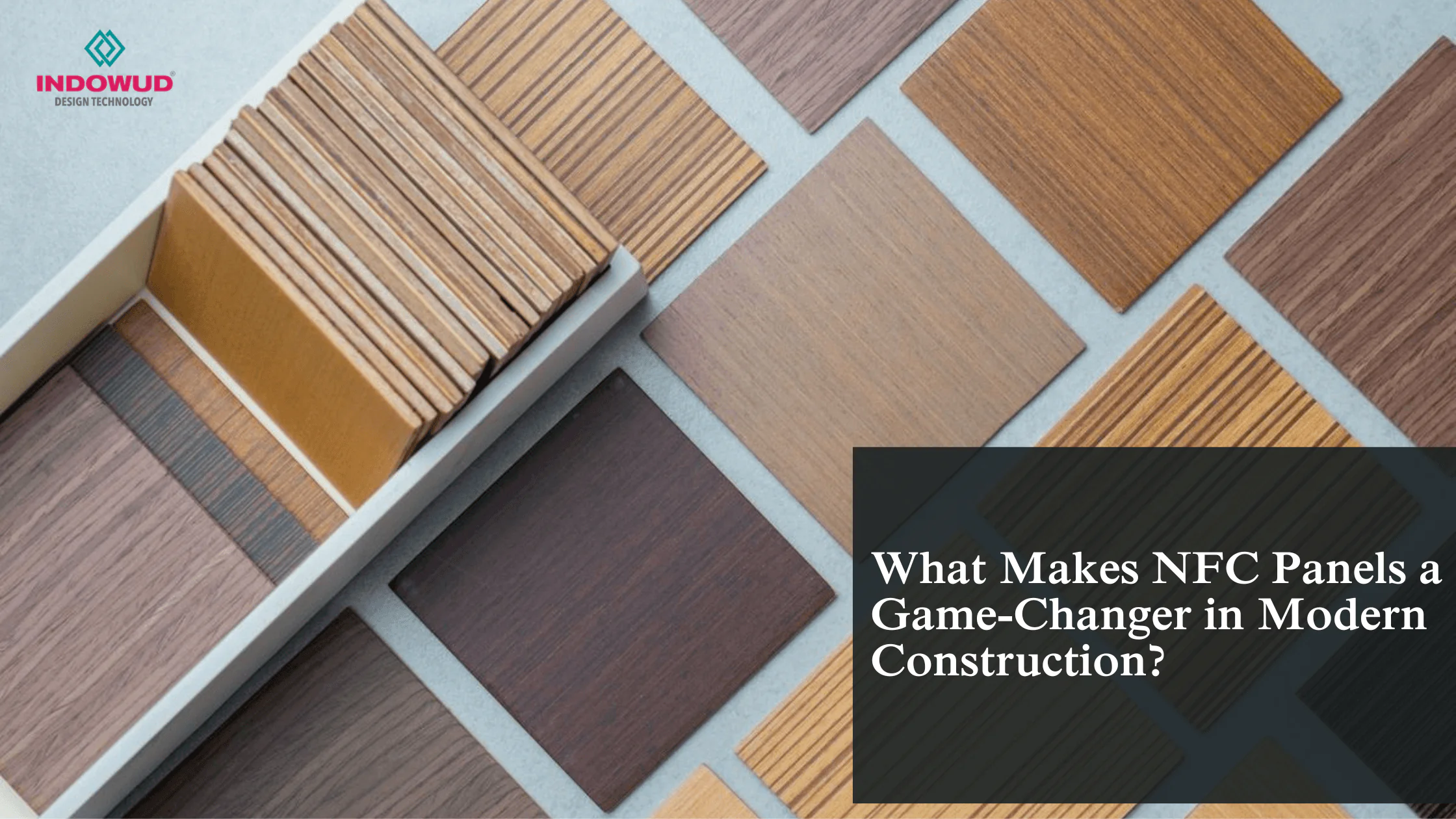
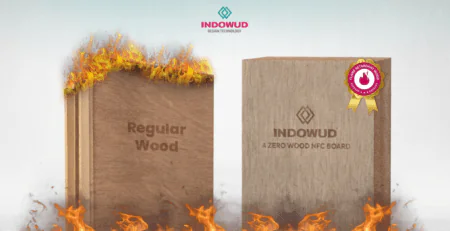



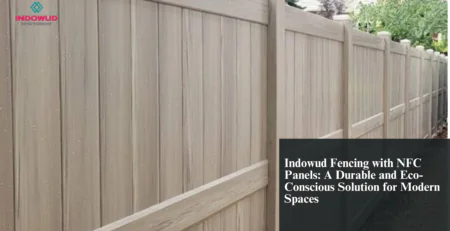


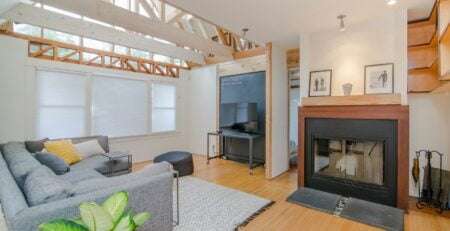
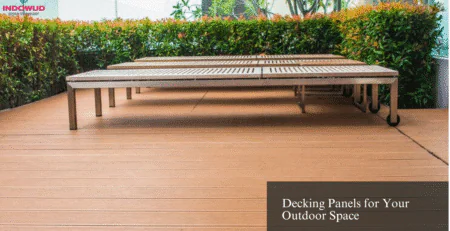

Leave a Reply